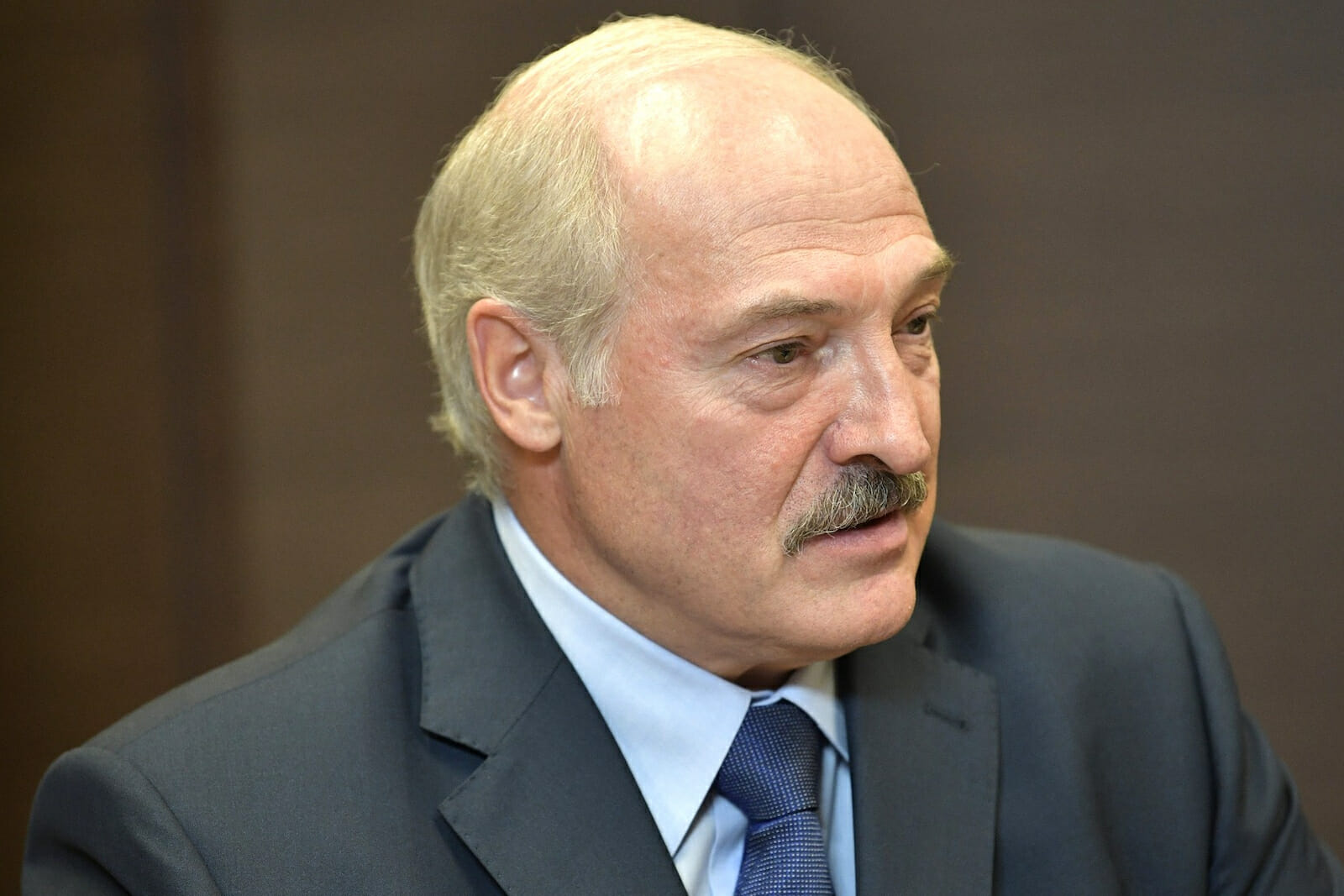
Belarus: Between Sovereignty and Russian Oligarchs
There’s a rare kink developing in Russian-Belarusian ties. In reality, Minsk is keen on keeping as much of its sovereignty as possible, while the Kremlin, on the other hand, plans to charge Belarus higher prices for Russian oil and gas, and possibly buy some of Belarusian’s more successful companies.
Belarus is probably the last relatively sovereign country in Europe. Although heavily dependent on Russian crude, President Alexander Lukashenko has managed to keep most Belarusian companies out of the Russian oligarchs’ sphere of influence, and also out of the IMF-backed privatization plans. Russia is now threatening to increase oil prices, while Lukashenko advocates stronger ties with NATO.
Belarus has been one of Russia’s most reliable allies. However, Minsk has been trying to flirt with the West for decades and is actually seeking a balance between Russia and the West. Lukashenko has openly admitted on several occasions that his ideal is to follow the politics of the late Yugoslavian dictator Josip Broz Tito, who successfully managed to balance between the East and the West.
“The ideal-case scenario is a balance between eastern and western directions of the Belarusian foreign policy,” Lukashenko said. “Such a balance will be possible only when the EU market turns into a real alternative to the Russian market for us, not only on paper but in reality.”
Belarus has long benefited from buying subsidized oil products from Russia and re-exporting them. Naturally, Minsk is interested in keeping the status quo, but the Kremlin recently suggested deeper integration with Belarus. Some analysts believe that Russian President Vladimir Putin plans to stay in power even after his mandate expires in 2024, so one of the options for him would be to eventually annex Belarus.
Such a scenario is extremely unlikely and risky for Russia since the West would never recognize such “Anschluss” and Russia would receive a very serious package of sanctions. Instead of annexation, Russia will keep putting pressure on Belarus to sell some of its state-owned companies either to Russian state-owned firms or to Kremlin-linked oligarchs. In addition, Russia might condition its financial support to Belarus, and ask for greater financial and economic integration with the Russian state.
The Kremlin would be interested in the introduction of a common currency, which would be printed in Moscow. Lukashenko, on the other side, repeatedly suggested that a union state is possible only on the basis of “equal partnership,” which is practically impossible due to significant disproportion between two countries. In every form of a union state, Belarus would doubtlessly be a “younger partner,” which would affect the country’s sovereignty and Lukashenko’s power would be limited.
Losing sovereignty, as well as power limitation, is one of the reasons why the Belarusian strongman never turned Belarus toward the Euro-Atlantic integration. As long as Lukashenko is in power, Belarus will keep balancing between Russia and the West, but it will always be more in the Russian sphere of influence. Once Lukashenko is gone, all options will be on the table unless he prepares the ground for a political successor.
